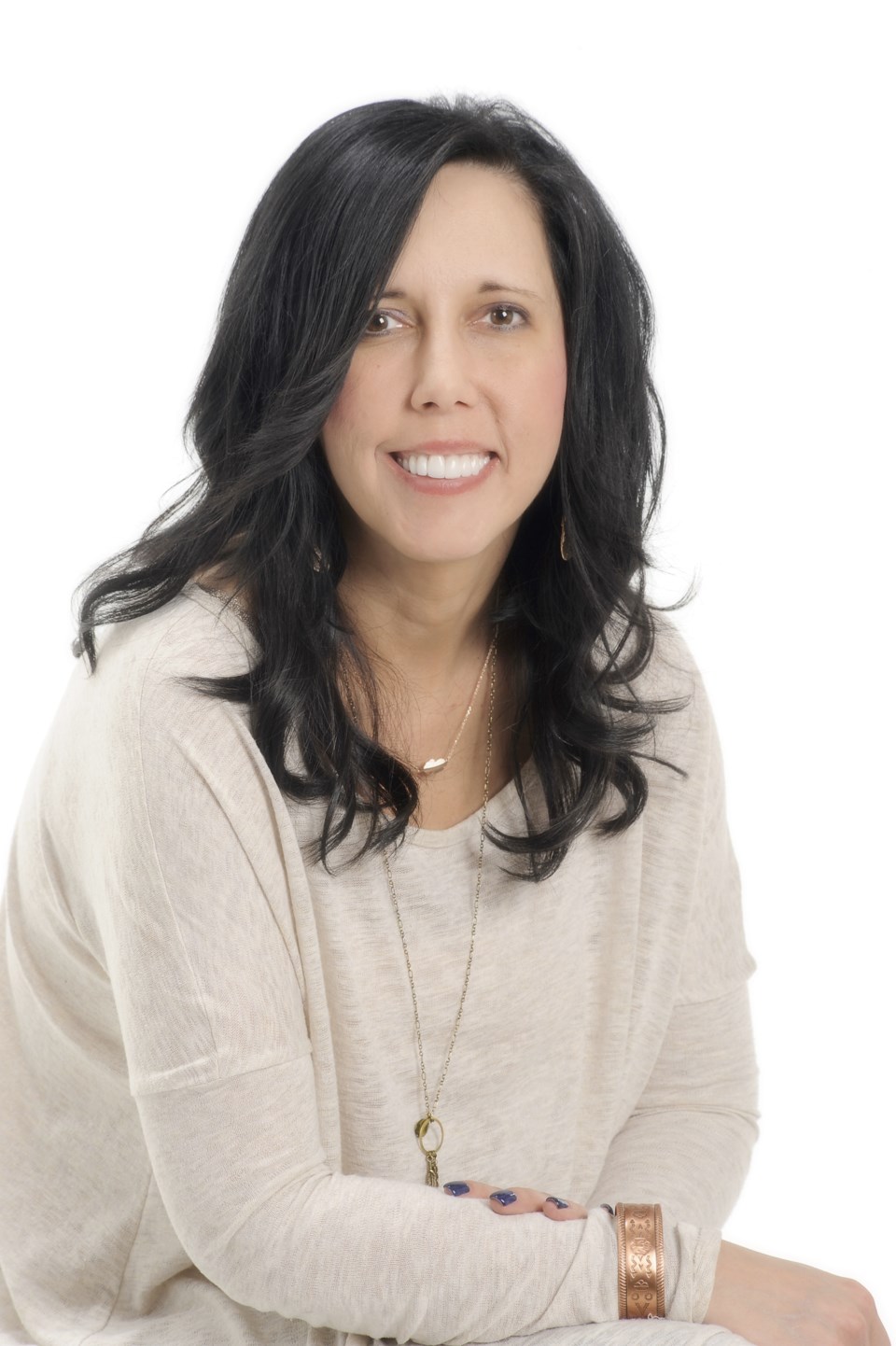The “glaring” health gaps between indigenous people and the rest of Canada is widening, says the new scientific director of the Canadian Institutes of Health Research's Institute of Aboriginal Peoples' Health.
“It's pretty bleak,” said Dr. Carrie Bourassa, who took over the position Feb. 1.
The institute is being established in Sudbury with the Health Sciences North Research Institute, where researchers are engaged in cutting-edge research on healthy aging, cancer care, infectious diseases, precision medicine and northern and Indigenous health. It's the first time an Institute has been established outside of a large urban centre.
Bourassa's role, among many others, will be to train and mentor new scholars in indigenous health research, and to make sure research creates opportunities to close those gaps.
“From diabetes to HIV and AIDS to suicide rates, we really need to get a handle on the underlying impact,” Bourassa said.
Most of the issues stem from the intergenerational trauma associated with the ongoing impact of colonization, she said. Researchers can't seem to get a handle on the complex ways those underlying social detriments interact.
She said she knows the solution can be found in communities, because they are the ones who understand the issues better than anyone else.
“But we don't do a good enough job engaging those communities,” she said. “We don't rely on their assets, and that's something I really want to do better. I want to get a better sense as to whether our research priorities right now are the true priorities for these communities.”
At the same time, the communities should engage in the research efforts, since everyone benefits, she said.
“I really want to get to the grassroots level of these communities, and maybe listen to voices that haven't really been heard before, and see if our priorities are aligned,” she said. “If not, then we need to get it right. This is about the health of all Canadians. If you have a healthy indigenous population, then everyone wins.”
That research then needs to be translated into policy all the way up to the federal level, something Bourassa said isn't currently being done effectively.
“I don't think we do a very good job of that, because it needs to translate into action, into programming and services, and that's going to be a priority for me,” she said.
Bourassa spent the last 15 years as a professor of Indigenous health studies in the Department of Indigenous Health, Education and Social Work at the First Nations University of Canada in Regina, Sask. During that time, her research has focused on the impacts of colonization on the health of Indigenous peoples and the need to deliver culturally safe care.
As part of her role, Bourassa will get to dedicate 50 per cent of her time to her existing research, and will bring to Sudbury a Canada Foundation for Innovation grant to develop a cultural safety evaluation training and research lab. That research will focus on systemic issues around stigmas, racism and discrimination. It will allow researchers to better address such issues as why indigenous people tend not to have a primary physician.
“Many indigenous people rely on the emergency room as their primary physician,” she said. “When they do finally come in for care, it's often when they are very sick. It's because they don't want to come into a place where they don't feel welcome, where they don't feel safe. We have to find a way to create safe care, so they come in and get their issues addressed and they feel heard.”
She said she would also like to see more indigenous people trained for this research, but there's a shortage right now of academics to act as mentors.
“We have beleaguered indigenous academics who can't take on any more grad students right now, so they can't take on any more research projects,” she said.
“There's a lot more work to do, and while allies are important, we need more indigenous people in academia working in indigenous research. We need more indigenous clinicians, and we need more indigenous doctors.
“We've come a long way, and there are a lot of good things to build on, but there's a really long way to go. There's a lot of work, but I'm hopeful. I'm really looking forward to this new challenge.”
